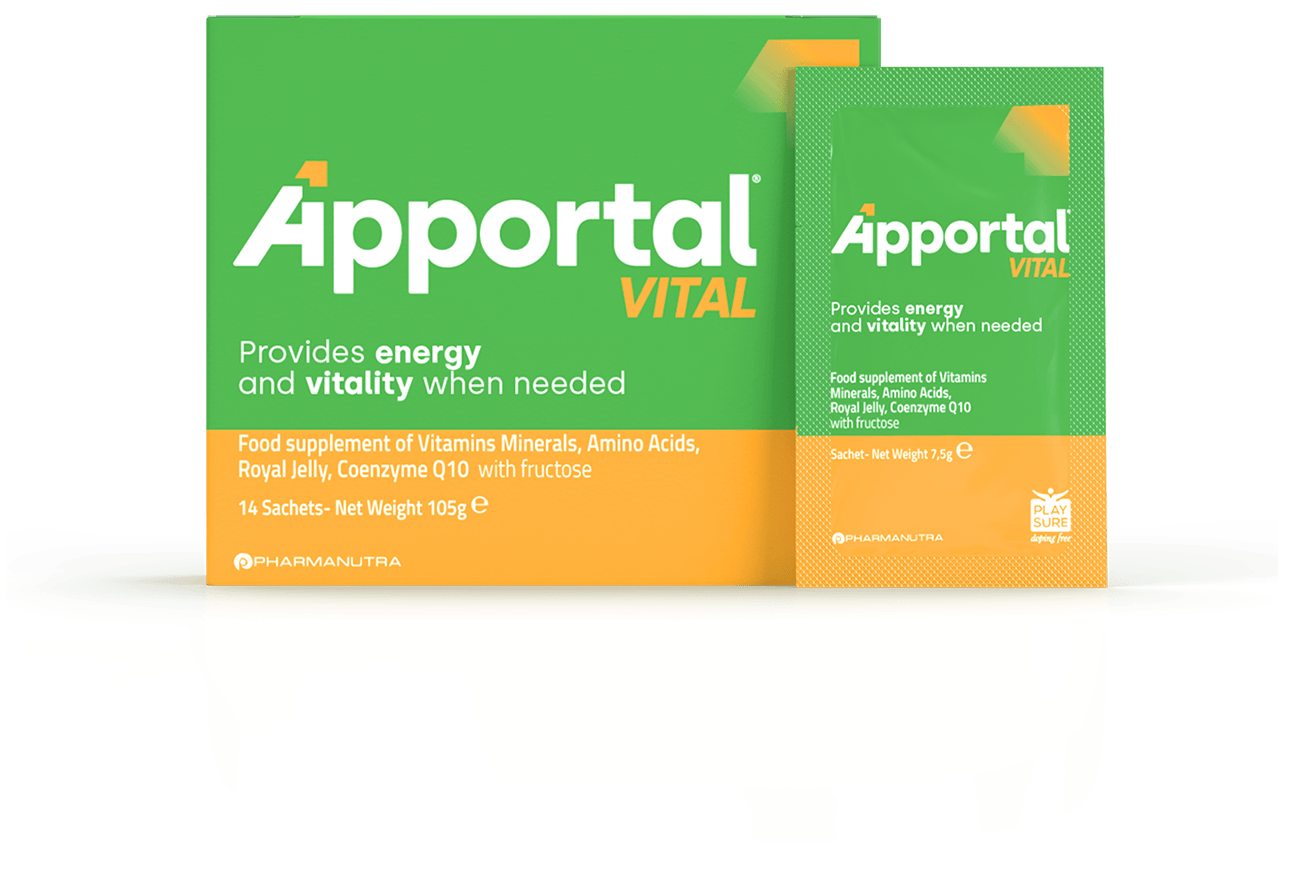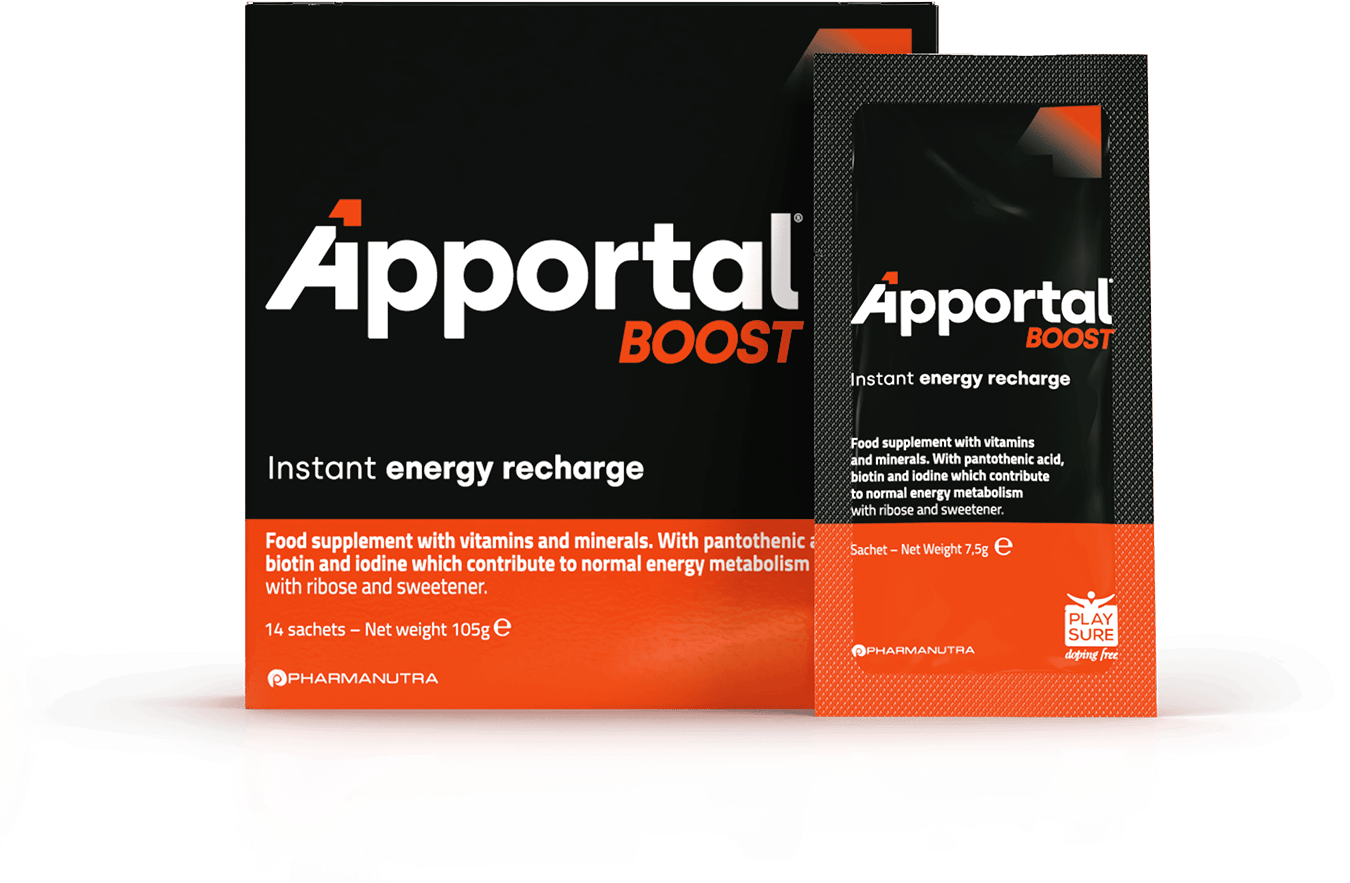We often hear talk of oxidative stress and more or less effective remedies to fight it. But what does this actually mean?
Oxidative stress refers to the hyper-production of oxidative chemical substances, a number of alterations affecting the tissues and cells due to excessive exposure to oxidising agents.
Causes of oxidative stress
Free radicals, i.e., waste products of the body that form inside the cells due to a number of external factors, are responsible for oxidative processes. Some of the most frequent factors in everyday life include:
- Pollution
- Active and passive smoke
- Alcohol and drug abuse
- Smog
- UV radiation
- Aggressive chemicals
- Stress
- Incorrect drug intake
Free radicals can cause serious damage to the cells and the DNA. Luckily, the body contains antioxidant substances and enzymes, which help to prevent, and in some cases, neutralise the formation of free radicals. However, when the level of free radicals in the body exceeds the counteracting capacity of these antioxidants, we talk of oxidative stress (also known as REDOX imbalance).
Symptoms of oxidative stress
The symptoms of oxidative stress are not always easy to identify, but generally them come in the form of:
- Migraine
- Muscle pain
- Digestion problems
- Frequent and abundant sweating
- Early skin ageing
- Vitiligo
- Hair weakening
In the most severe cases, the immune system reacts to the oxidative stress triggering a serious tissue inflammation, and this often leads to diseases such as diabetes, depression, obesity, heart problems and neurological and degenerative diseases, such as Alzheimers.
Oxidative stress remedies
If oxidative stress is suspected, the recommendation is to seek specialist medical advice, with careful examinations and a diagnosis based on objective data.
Generally, every day we can effectively fight oxidative stress by adopting a healthy lifestyle, starting, as always, with our diet. The proliferation of free radicals can be actively fought with a diet rich in foods containing natural antioxidant substances. The recommended foods obviously include fruit and vegetables, specifically:
- Black grapes
- Blueberries
- Blackberries
- Plums
- Avocado
- Kiwi
- Citrus fruits
- Goji berries
- Carrots
- Green cabbage
- Tomatoes
As well as other foods, including:
- Whole wheat cereals
- Green tea
- Bitter cocoa
- Almonds
- Walnuts
- Cashews
- Dates
- Dried figs
But the fight against oxidative stress goes beyond food: avoid a sedentary lifestyle, always use sun cream when out in the sun and avoid the excessive intake of sugars and harmful substances.
What are antioxidants
As explained, antioxidants are our body’s weapon for fighting free radicals, the primary enemy of cell well-being.
The main antioxidants are vitamins A, B, C and E, and Coenzyme Q10 and some oligo elements, including selenium, manganese, copper and zinc, which help the antioxidant enzymes that are produced by the body to function.
Some foods are naturally rich in these: most worthy of mention are nuts, one of the foods that contains the highest levels of antioxidants. Many studies have also shown that red wine, obviously when drunk with moderation, offers benefits due to the antioxidant properties of polyphenols.
Nutritional supplements for oxidative stress
ApportAL® products help the body’s defence system with a formulation rich in antioxidant nutrients. Vitamins A, C and E, Selenium, Coenzyme Q10 are in fact some of the nutrients contained in ApportAL® that help to prevent the formation of free radicals and also support the body during more intense stressful periods.







